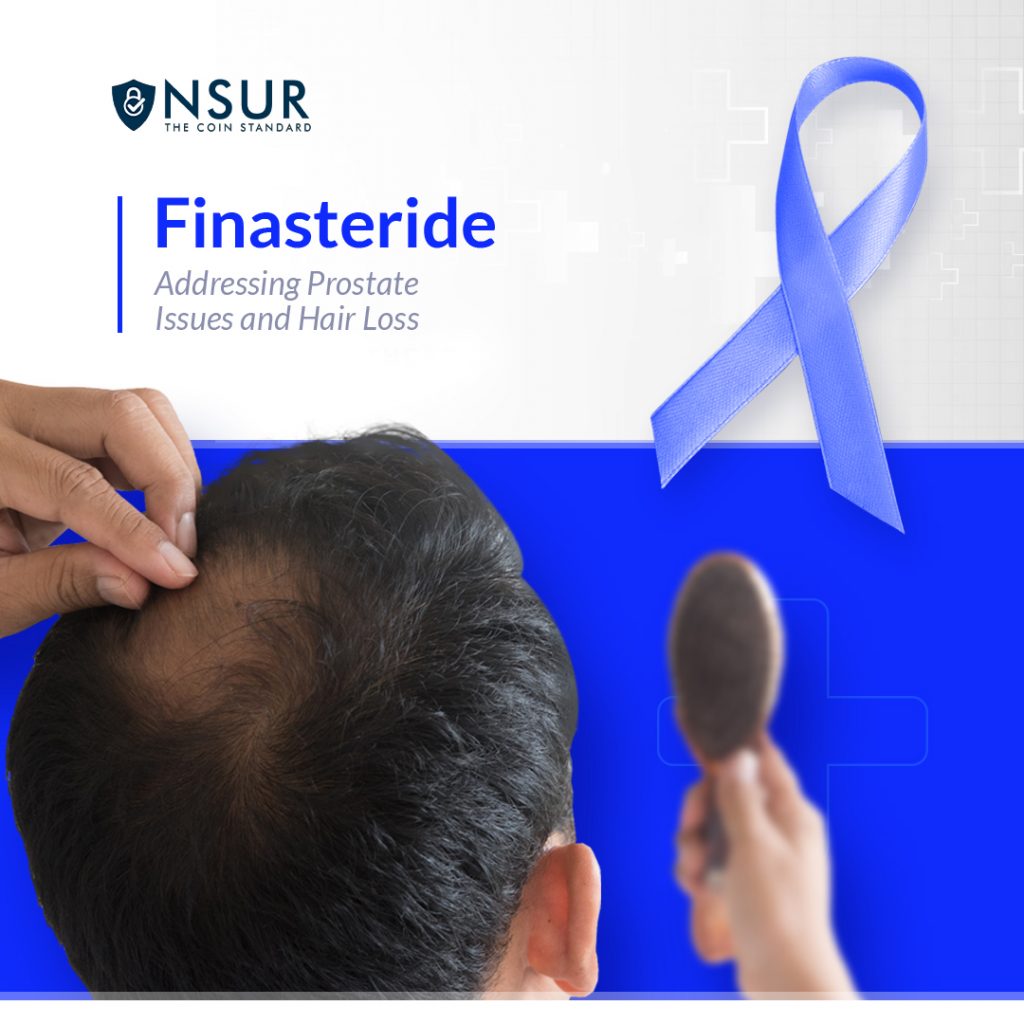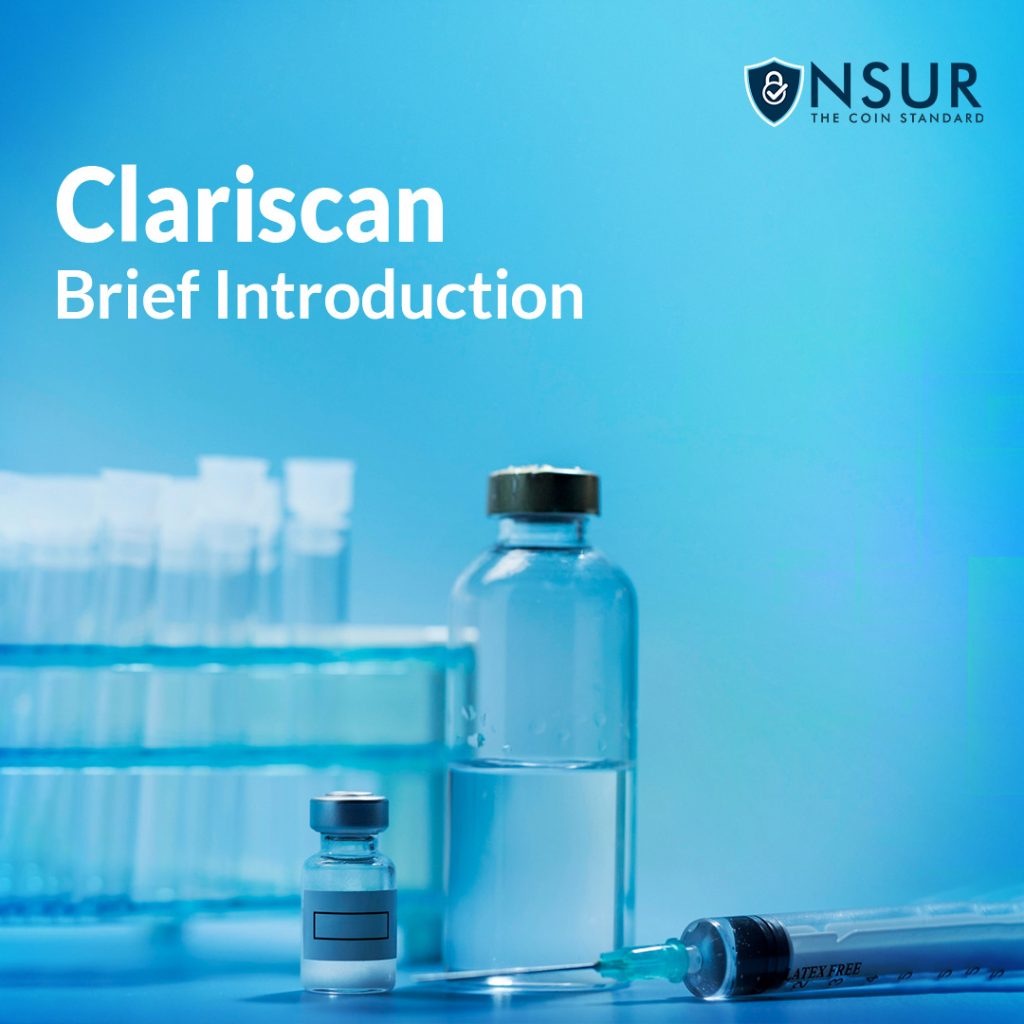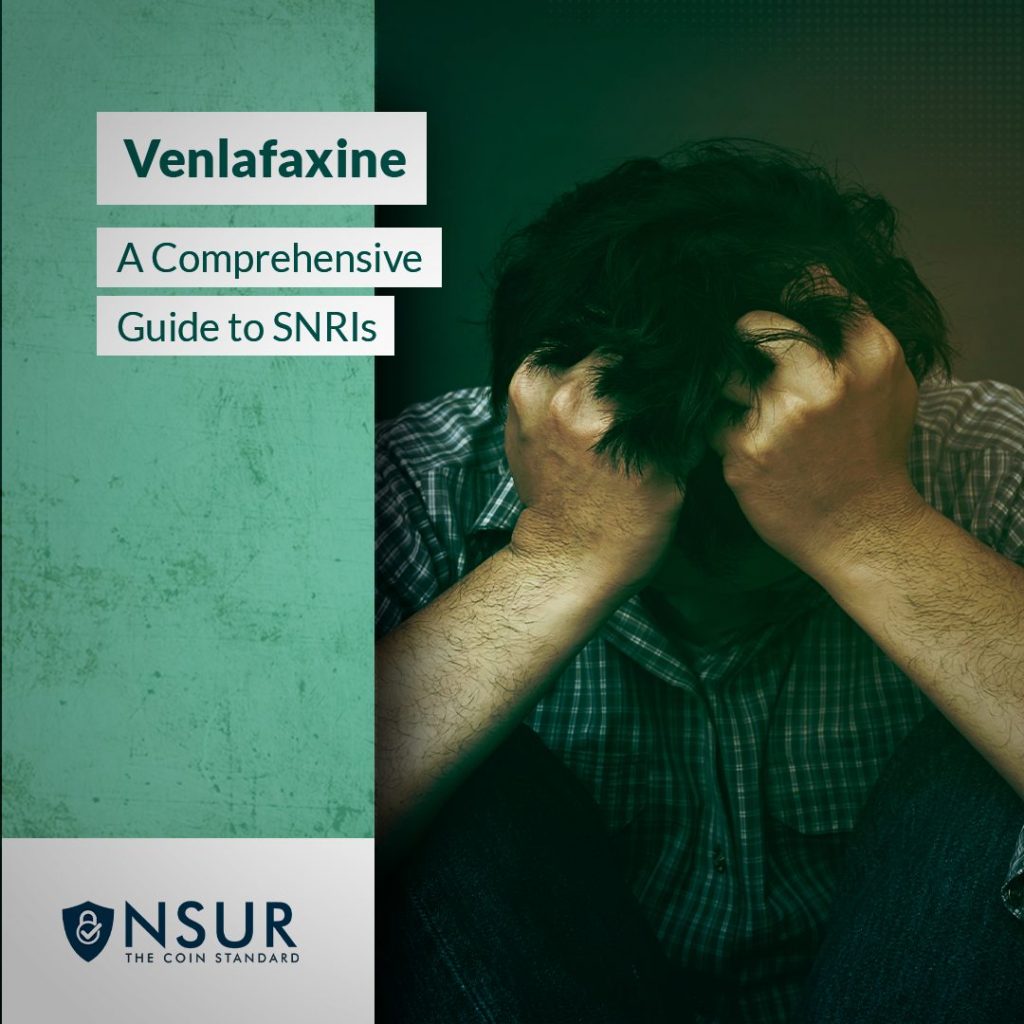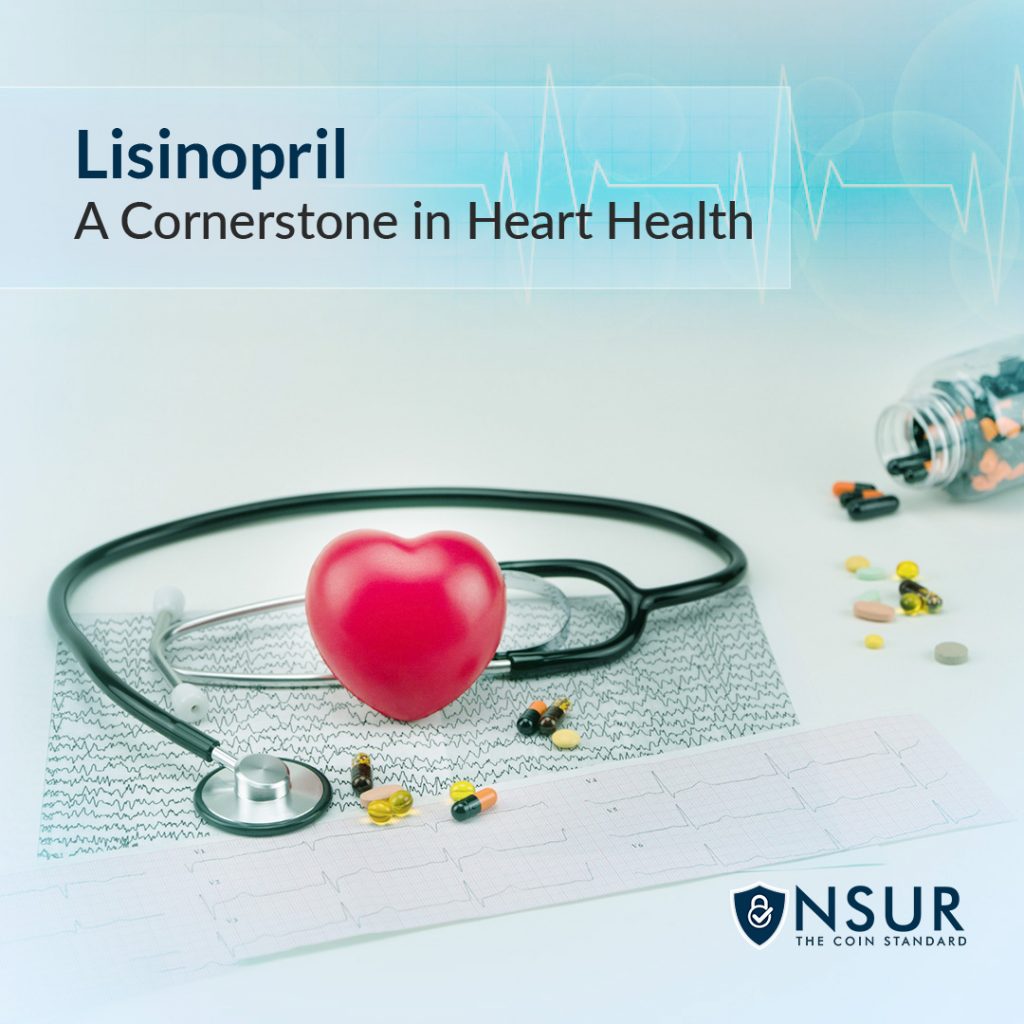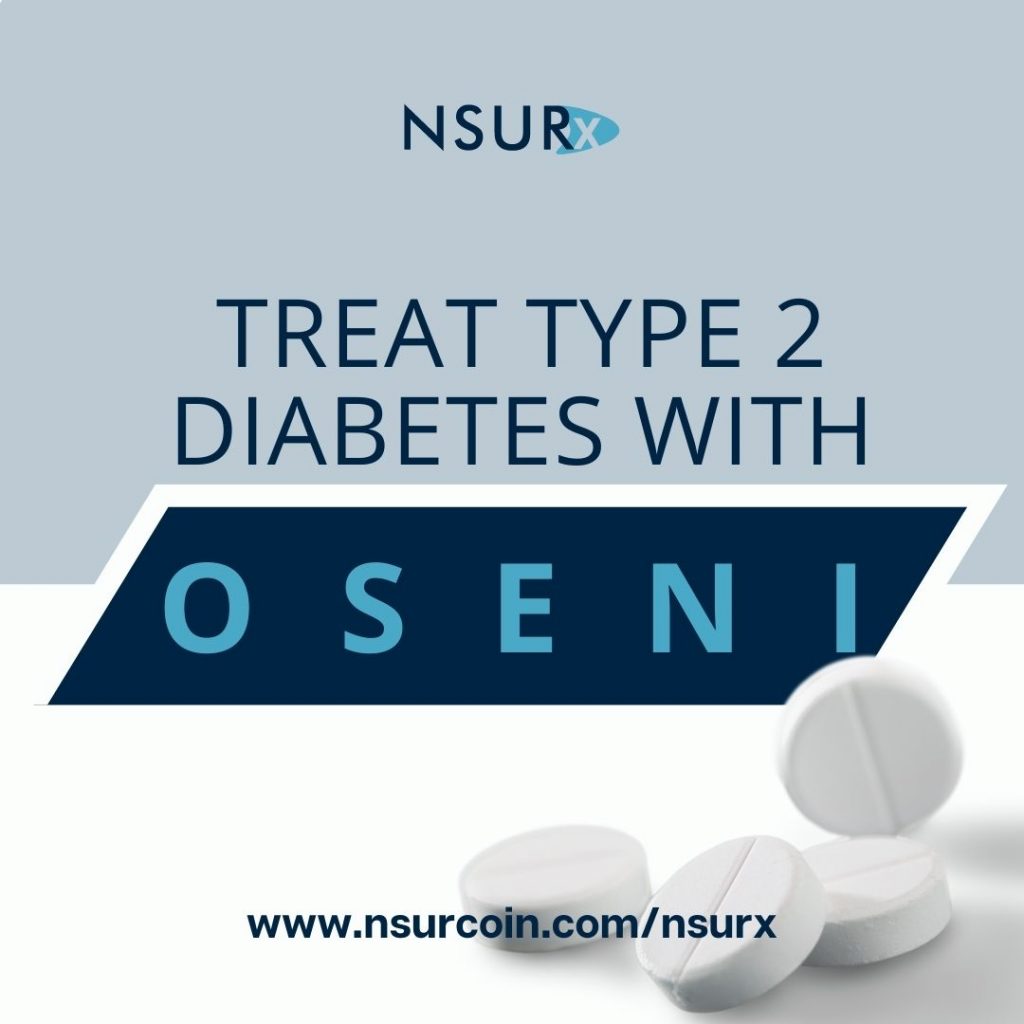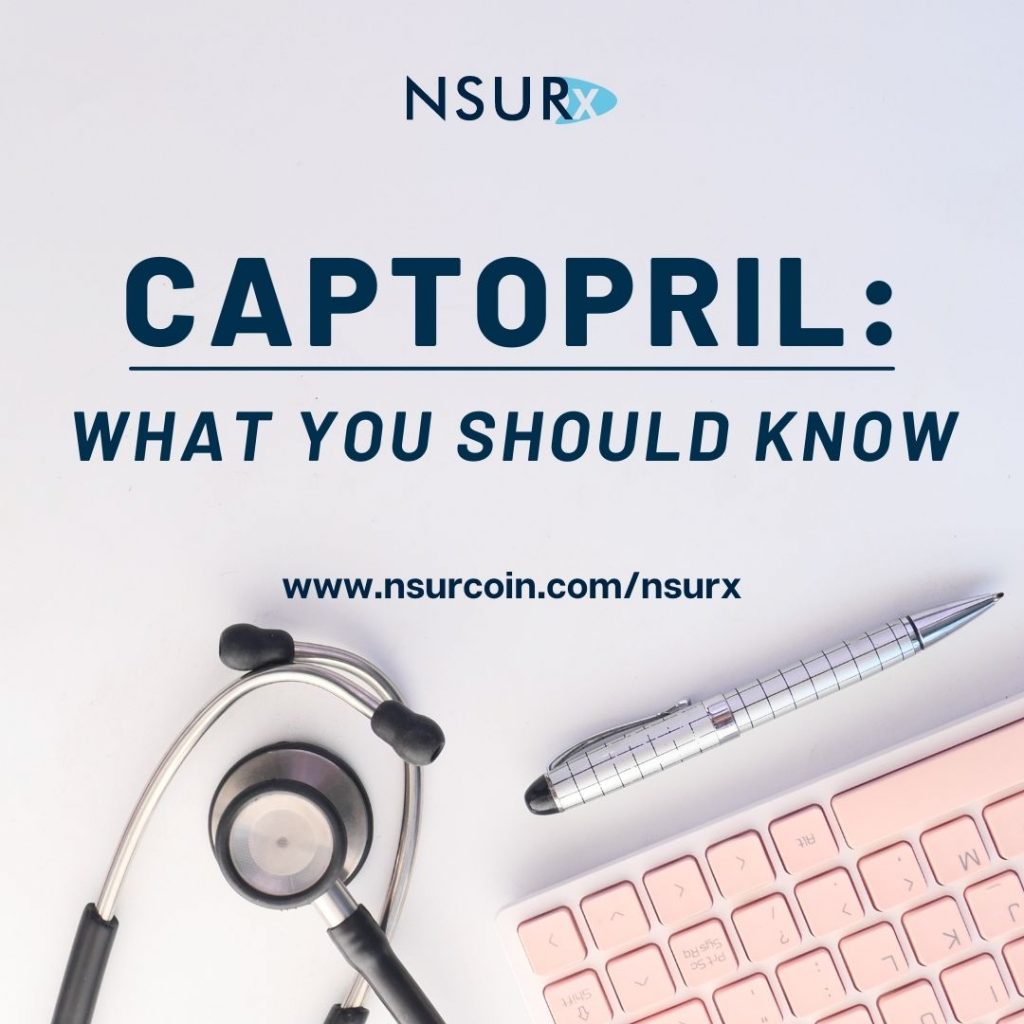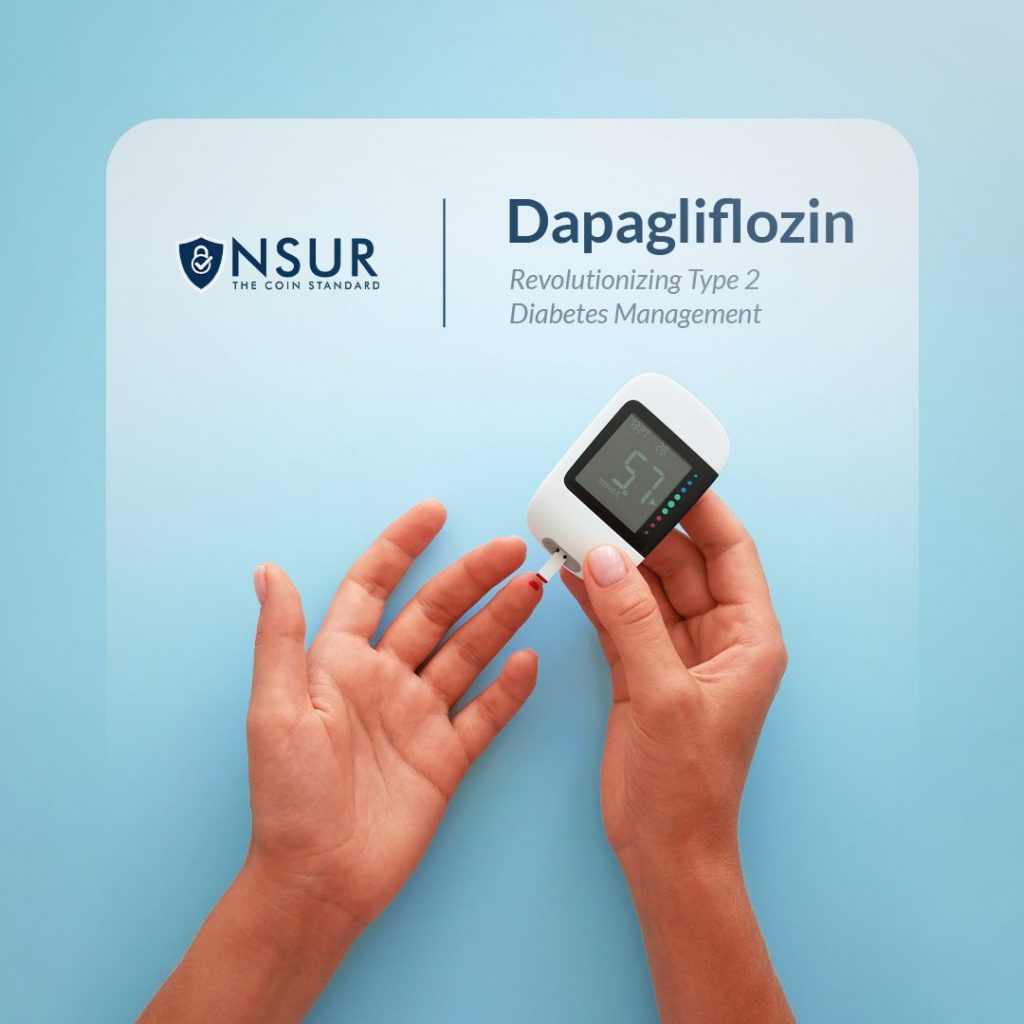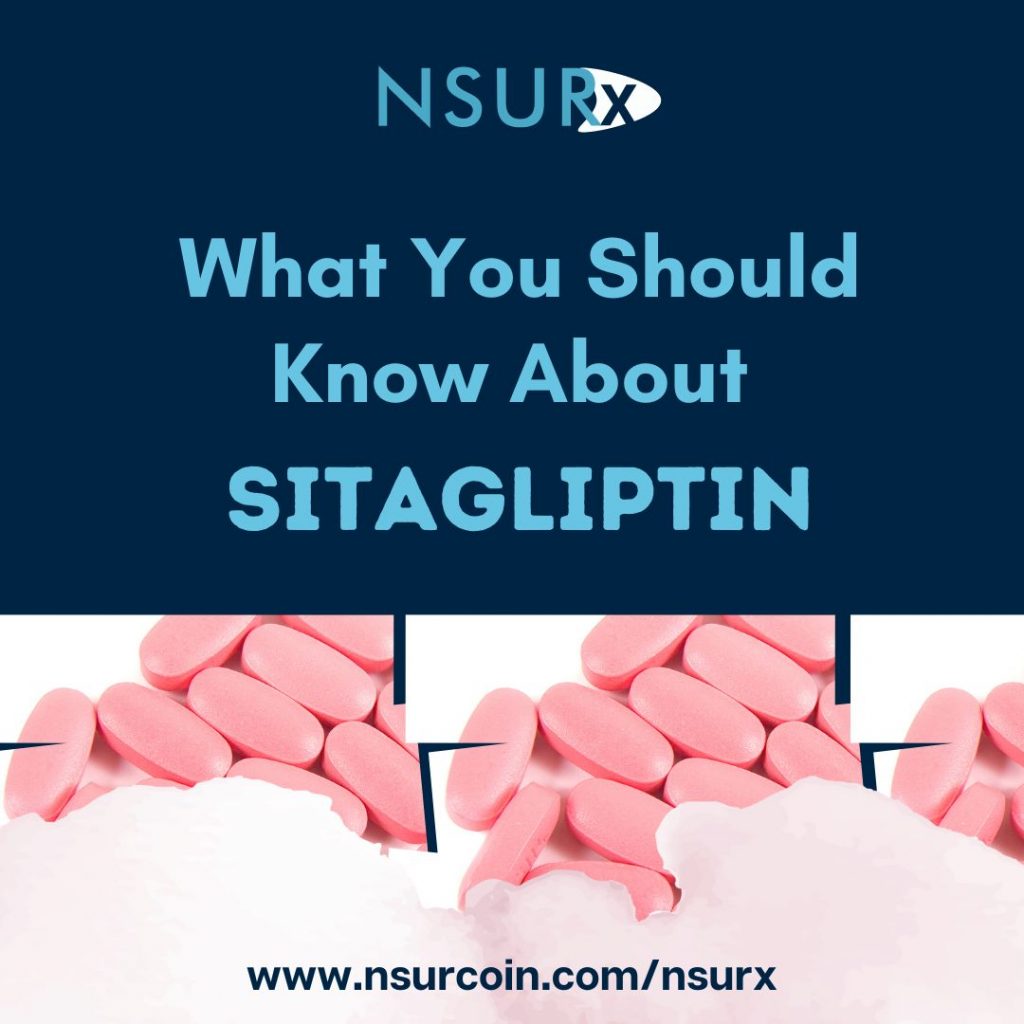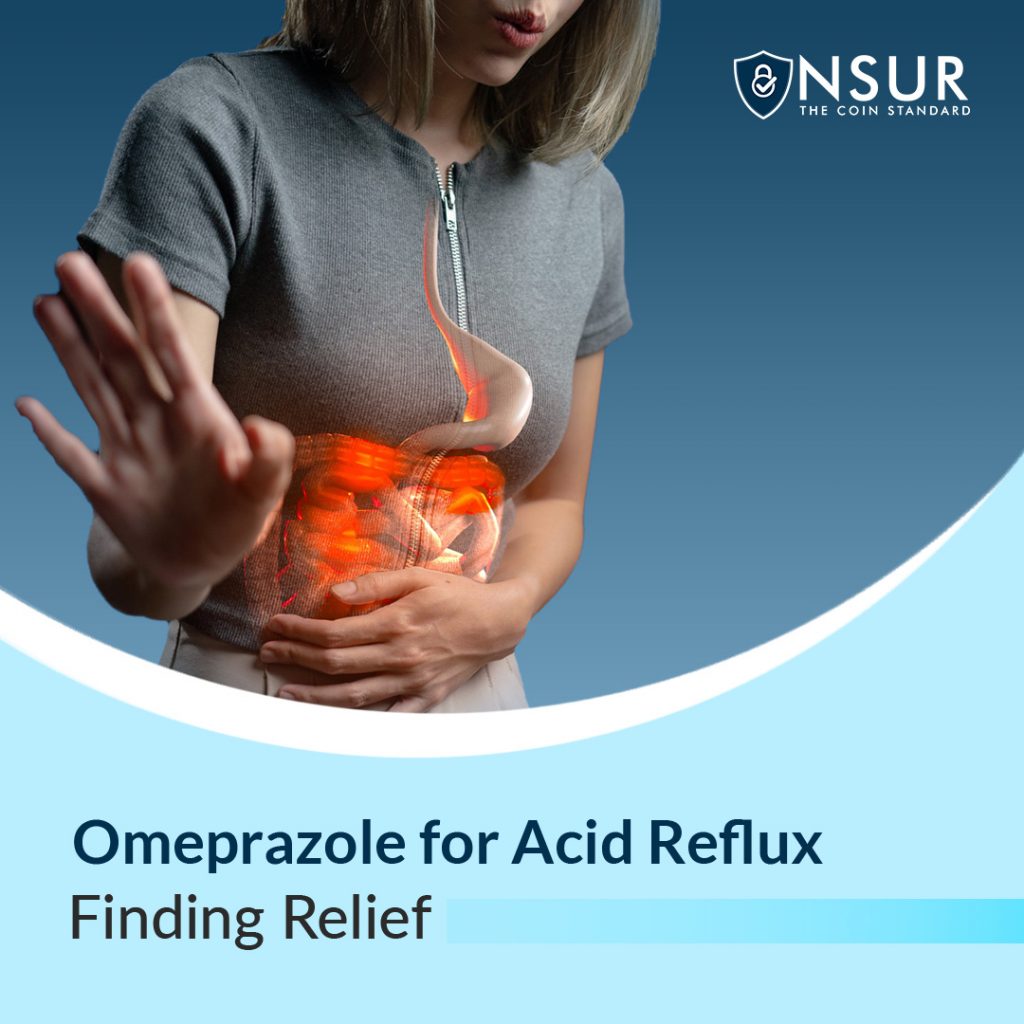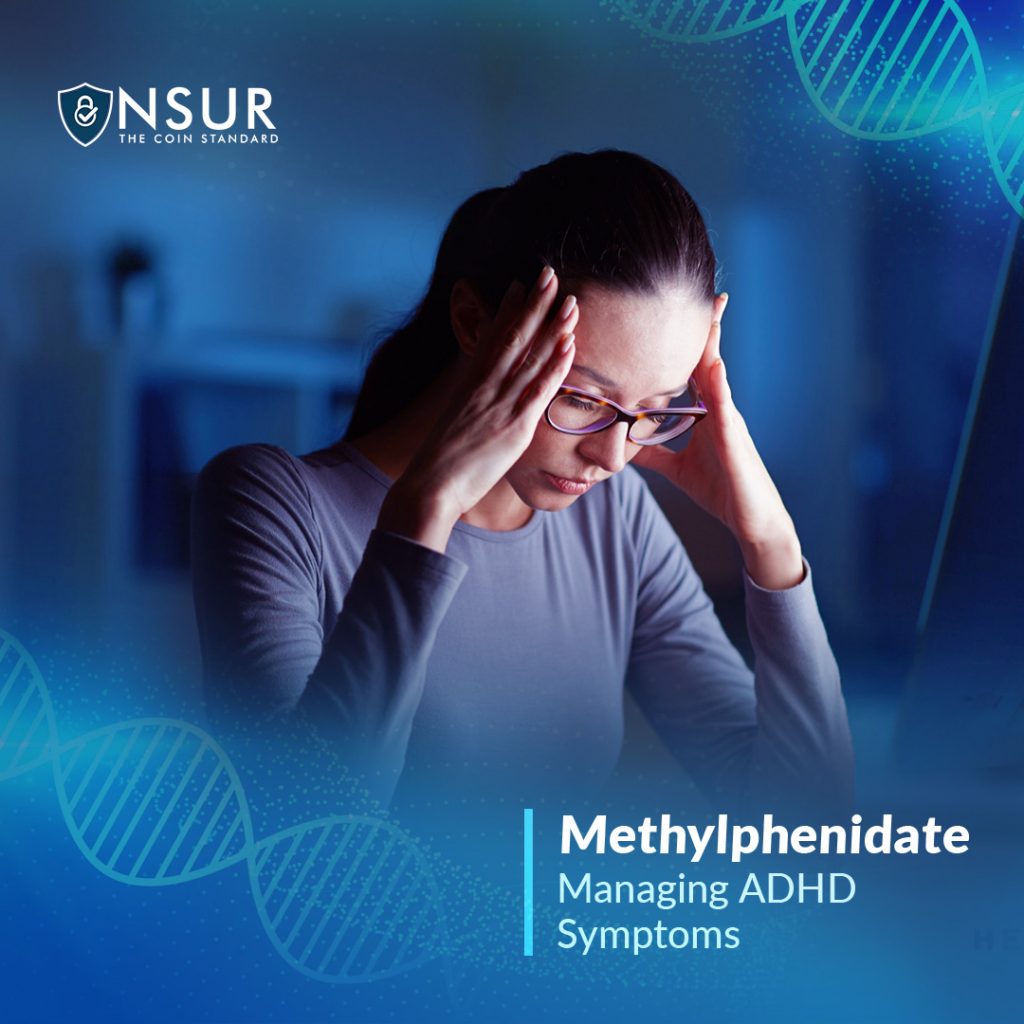
Attention-Deficit/Hyperactivity Disorder (ADHD) is a neurological disorder that affects millions of individuals worldwide, characterized by symptoms such as inattention, hyperactivity, and impulsivity. While ADHD can be a challenging condition to manage, advancements in medication have made significant strides in helping those affected. Among these medications, Methylphenidate stands out as a particularly effective option.
Understanding Methylphenidate
Methylphenidate, known by its brand names Ritalin, Concerta, among others, is a central nervous system stimulant. It works by increasing the levels of neurotransmitters in the brain, particularly dopamine and norepinephrine, which are crucial in controlling attention and behavior.
How Methylphenidate Helps with ADHD
1. Improving Concentration
One of the primary benefits of Methylphenidate is its ability to enhance focus in individuals with ADHD. It helps reduce distractions, making it easier for them to concentrate on tasks at hand, whether in a school setting, workplace, or daily life activities.
2. Reducing Hyperactivity and Impulsivity
By balancing neurotransmitter levels, Methylphenidate can also help control hyperactive behaviors and impulsive actions. This change can lead to more controlled movements and decision-making, allowing for a more stable daily routine.
3. Enhancing Overall Functioning
Improved focus and controlled hyperactivity contribute to better overall functioning. Individuals often find it easier to organize tasks, follow through on assignments, and engage in social situations more comfortably.
Dosage and Administration
Methylphenidate is available in various forms, including immediate-release tablets, extended-release capsules, and even transdermal patches. The dosage varies depending on the individual’s age, the severity of symptoms, and how they respond to the medication. It’s crucial to follow a healthcare provider’s instructions when taking Methylphenidate to optimize its effectiveness and minimize potential side effects.
Side Effects and Considerations
Like all medications, Methylphenidate has potential side effects. Common ones include insomnia, decreased appetite, weight loss, and increased heart rate. In some cases, individuals may experience mood swings or feel overly anxious. It’s important to discuss these possibilities with a healthcare provider and regularly monitor for any adverse effects.
Methylphenidate as Part of a Comprehensive Treatment Plan
While Methylphenidate can be highly effective in managing ADHD symptoms, it’s most beneficial when part of a comprehensive treatment plan. This plan may include behavioral therapy, lifestyle changes, educational support, and family involvement. A multidisciplinary approach ensures that all aspects of ADHD are addressed, offering the best chance for successful management.
Who Should Avoid Methylphenidate?
Methylphenidate is not suitable for everyone. Individuals with certain pre-existing conditions, such as severe anxiety, glaucoma, or a history of substance abuse, should avoid this medication. Additionally, those with certain heart conditions may be at increased risk when taking stimulant medications.
Take advantage of NSURx for your prescription drugs!
With the NSURx Prescription Benefit Card, you can save money on your medications at more than 35,000 pharmacies across the United States.
You can save up to 80% on your medication by using an NSURx card. Hundreds of dollars in savings could be yours every time you fill out your prescription.
The more you shop with NSURx, the more NSUR Coins you will receive as a reward.
The Bottom Line
Methylphenidate has been a game-changer in the world of ADHD management. By enhancing focus, reducing hyperactivity, and helping with overall daily functioning, it can significantly improve the quality of life for those with ADHD. However, it’s important to remember that medication is just one piece of the puzzle. A comprehensive approach that includes therapy, support, and lifestyle changes is essential for optimal management of ADHD symptoms.
Disclaimer
This blog post is intended for informational purposes only and should not be considered a substitute for professional medical advice. Always consult with a qualified healthcare provider for personalized recommendations and guidance.
